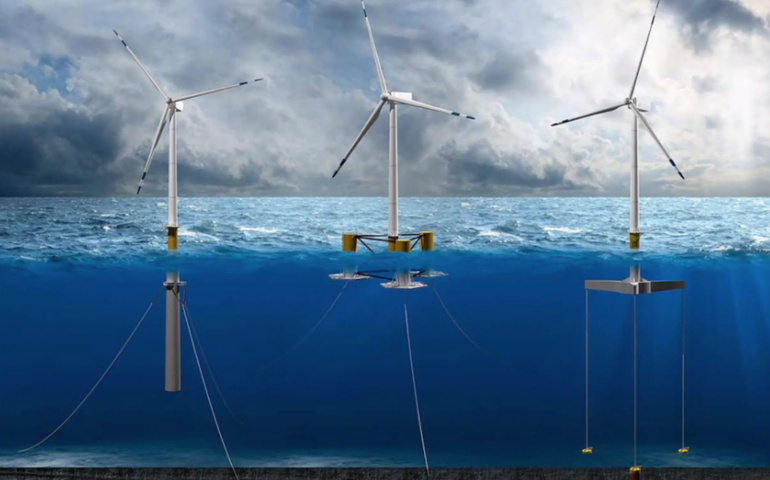Processing Your Payment
Please do not leave this page until complete. This can take a few moments.
- News
-
Editions
-
- Lists
-
Viewpoints
-
Our Events
-
Event Info
- Women's Leadership Forum 2025
- On the Road with Mainebiz in Bethel
- Health Care Forum 2025
- On The Road with Mainebiz in Greenville
- On The Road with Mainebiz in Waterville
- Small Business Forum 2025
- Outstanding Women in Business Reception 2025
- On The Road with Mainebiz in Bath
- 60 Ideas in 60 Minutes Portland 2025
- 40 Under 40 Awards Reception 2025
- On The Road with Mainebiz in Lewiston / Auburn
- 60 Ideas in 60 Minutes Bangor 2025
Award Honorees
- 2025 Business Leaders of the Year
- 2024 Women to Watch Honorees
- 2024 Business Leaders of the Year
- 2023 NextUp: 40 Under 40 Honorees
- 2023 Women to Watch Honorees
- 2023 Business Leaders of the Year
- 2022 NextUp: 40 Under 40 Honorees
- 2022 Women to Watch Honorees
- 2022 Business Leaders of the Year
-
-
Calendar
-
Biz Marketplace
- News
-
Editions
View Digital Editions
Biweekly Issues
- April 21, 2025 Edition
- April 7, 2025
- March 24, 2025
- March 10, 2025
- Feb. 24, 2025
- Feb. 10, 2025
- + More
Special Editions
- Lists
- Viewpoints
-
Our Events
Event Info
- View all Events
- Women's Leadership Forum 2025
- On the Road with Mainebiz in Bethel
- Health Care Forum 2025
- On The Road with Mainebiz in Greenville
- On The Road with Mainebiz in Waterville
- + More
Award Honorees
- 2025 Business Leaders of the Year
- 2024 Women to Watch Honorees
- 2024 Business Leaders of the Year
- 2023 NextUp: 40 Under 40 Honorees
- 2023 Women to Watch Honorees
- 2023 Business Leaders of the Year
- + More
- 2022 NextUp: 40 Under 40 Honorees
- 2022 Women to Watch Honorees
- 2022 Business Leaders of the Year
- Nomination Forms
- Calendar
- Biz Marketplace
Mills veto of offshore wind bill draws criticism from AFL-CIO
 SCREENSHOT / COURTESY, MAINE DEPARTMENT OF TRANSPORTATION
The Maine AFL-CIO said Gov. Janet Mills’ veto this week of an offshore wind bill would jeopardize the build-out of the industry.
SCREENSHOT / COURTESY, MAINE DEPARTMENT OF TRANSPORTATION
The Maine AFL-CIO said Gov. Janet Mills’ veto this week of an offshore wind bill would jeopardize the build-out of the industry.
The Maine AFL-CIO said Gov. Janet Mills’ veto this week of an offshore wind bill would jeopardize the build-out of the industry and the climate, economic and community benefits that come with it.
“Maine’s climate motto has been 'Maine won't wait,’” said Matt Schlobohm, Maine AFL-CIO’s executive director. “With this veto, Gov. Mills is saying, 'Maine will wait' — for thousands of good jobs, for clean energy and for the build-out of a new industry.”
A statement from a coalition of labor and environmental organizations, along with legislative Democrats, said the veto threatens the new industry, putting jobs and environmental benefits at risk.
“Maine has an opportunity to be a national leader in the development and construction of offshore wind, to protect our fisheries and an opportunity to launch a new industry in the right way,” said state Sen. Chip Curry, D-Waldo. “The governor’s veto threatens this new industry, putting good jobs for Maine people and the environmental benefits that go along with offshore wind at risk.”
On Monday, Mills nixed her own bill — LD 1847, An Act to Modify the Visual Impact Standards for Offshore Wind Port Development — when it came to her desk after passage by the legislature.
The goal of the bill was to create a streamlined but thorough process for permitting an offshore wind port facility in Maine. The bill proposed new visual impact standards when future offshore wind port facilities receive review.
In her veto message, Mills said that in its original form, LD 1847 “provided the necessary guidance for the construction of offshore wind turbines in future port development” but that it was amended to require project labor agreements for the construction of an offshore wind port and for the construction and fabrication of offshore wind projects, such as the turbines."
In an earlier letter to the state Senate, Mills said that generally speaking, “I recognize the value of PLAs, or collective bargaining agreements, as a tool to lift up working men and women by ensuring that they are paid strong wages with good benefits.”
But she said she couldn’t support the addition of a PLA requirement because most Maine workers in the construction industry — over 90% — are not unionized, “which means that adding a PLA requirement creates a chilling effect for these companies and their workers to participate in, and potentially, build this project.
She continued, “As a result, this could stifle competition, which could cut out thousands of workers and employee-owned businesses, and could end up favoring out-of-state unions in the region, over Maine-based companies and workers — and I do not believe any of us want to see out-of-state workers being bussed up to coastal Maine to build our offshore wind port while Maine workers are sidelined, sitting at home.”
Additionally, she wrote, even if Maine-based companies do bid on a contract under a PLA requirement, “they will likely have to raise costs — beyond salaries and health benefits — that would have to be shouldered by Maine people during a time of inflation-driven price increases in the construction industry and already sky-high energy costs driven by our over-reliance on fossil fuels.”
Mills said that no other New England state requires PLAs for offshore wind development in statute.
“Adding a PLA requirement to this bill makes us far less competitive with other states,” she said.
The Mills Administration has led the development of the Maine Offshore Wind Roadmap, a stakeholder-driven comprehensive plan that offers detailed strategies for Maine to realize economic, energy and climate benefits from offshore wind, in conjunction with communities, fisheries and wildlife around the Gulf of Maine.
The plan includes development of a modernized port that can handle and support the specific needs of the offshore wind industry off Maine and along the East Coast.
The bill does not address where port facilities should be located, an issue that’s being considered by the Maine Department of Transportation and other stakeholders.
According to an AFL-CIO poll, 63% of Maine voters support building offshore wind energy with strong labor standards.
“A broad coalition of working people and environmental advocates have come together to support the creation of a new industry in Maine that can help us combat climate change, create good jobs and support coastal communities,” said Francis Eanes of the Maine Labor Climate Council, a coalition of public and private sector labor unions.














0 Comments